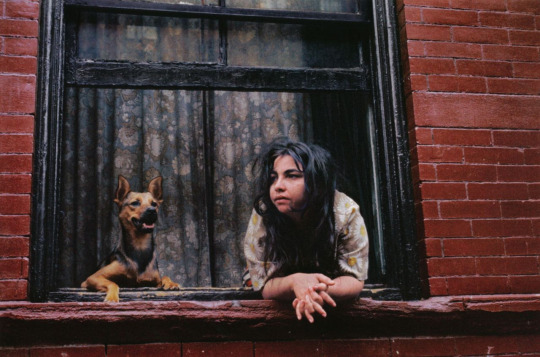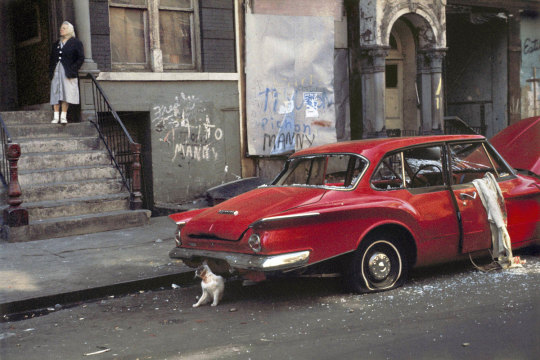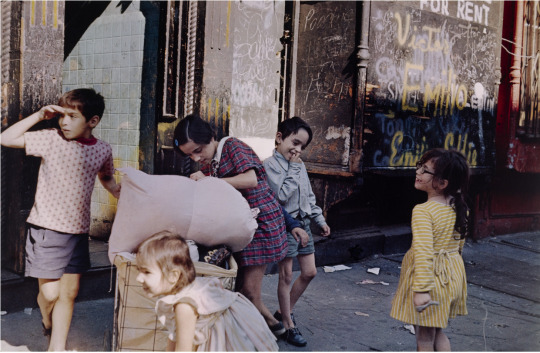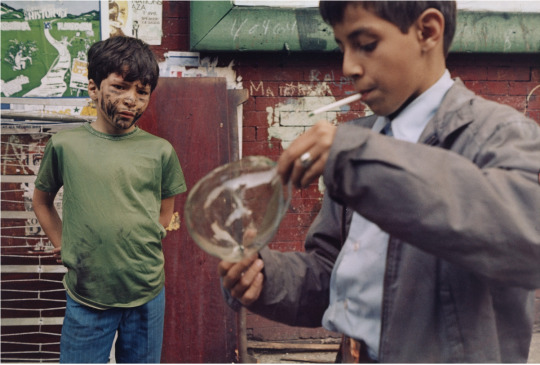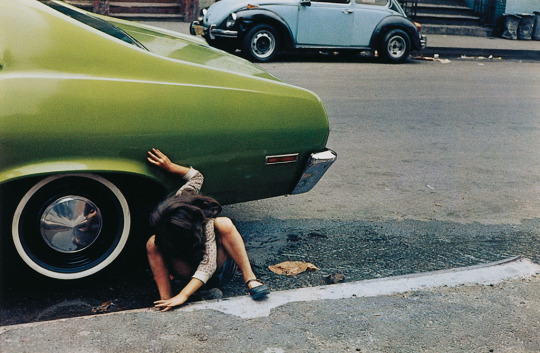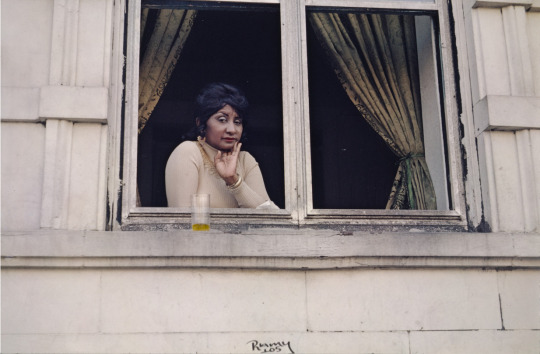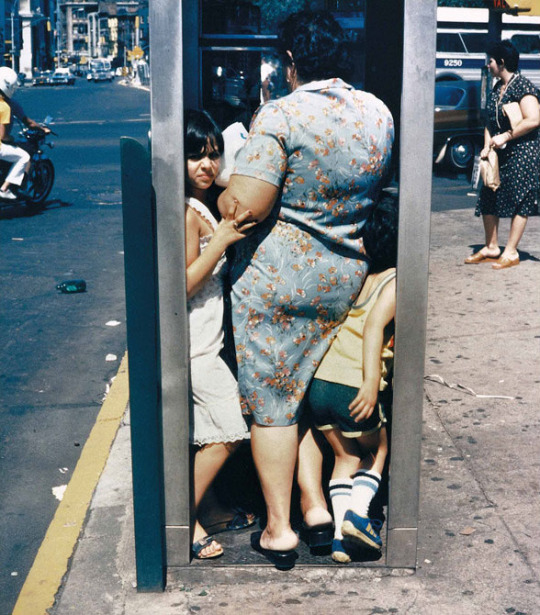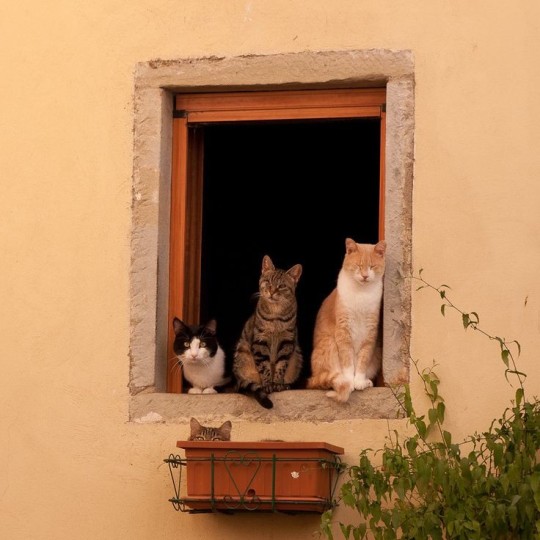vera | 22 | american studies | psychology | literature | korean and spanish
Don't wanna be here? Send us removal request.
Text
fuck the grind. you’re clearly tired and going thru a lot right now. the world feels like it’s collapsing on you and time is running out but i’m here to tell u that it’s not. you have time. lots of time. close your laptop, put away the work, get a snack or get into bed, and call it a day my love. doesn’t matter if you didn’t do what you wanted to do today - that’s what tomorrow is for. let’s try again tomorrow. but for now, get some rest.
3K notes
·
View notes
Text
“May you pick up your tea when it’s exactly the right temperature, and may you happen to glance out the window when the light is just how you like it.”
— this is the sweetest thing I’ve ever read (via clinginess)
188K notes
·
View notes
Text
nothing feels as good as starting to read again when you haven’t held a book in your hand for such a long time and now the setting sun is in your room and there’s paper under your fingers and you feel so good about letting the words float into you again
60K notes
·
View notes
Photo

Ed van der Elsken, Love on the Left Bank, Paris, 1956
148 notes
·
View notes
Text
Want to learn something new in 2022??
Absolute beginner adult ballet series (fabulous beginning teacher)
40 piano lessons for beginners (some of the best explanations for piano I’ve ever seen)
Excellent basic crochet video series
Basic knitting (probably the best how to knit video out there)
Pre-Free Figure Skate Levels A-D guides and practice activities (each video builds up with exercises to the actual moves!)
How to draw character faces video (very funny, surprisingly instructive?)
Another drawing character faces video
Literally my favorite art pose hack
Tutorial of how to make a whole ass Stardew Valley esque farming game in Gamemaker Studios 2??
Introduction to flying small aircrafts
French/Dutch/Fishtail braiding
Playing the guitar for beginners (well paced and excellent instructor)
Playing the violin for beginners (really good practical tips mixed in)
Color theory in digital art (not of the children’s hospital variety)
Retake classes you hated but now there’s zero stakes:
Calculus 1 (full semester class)
Learn basic statistics (free textbook)
Introduction to college physics (free textbook)
Introduction to accounting (free textbook)
Learn a language:
Ancient Greek
Latin
Spanish
German
Japanese (grammar guide) (for dummies)
French
Russian (pretty good cyrillic guide!)
336K notes
·
View notes
Text

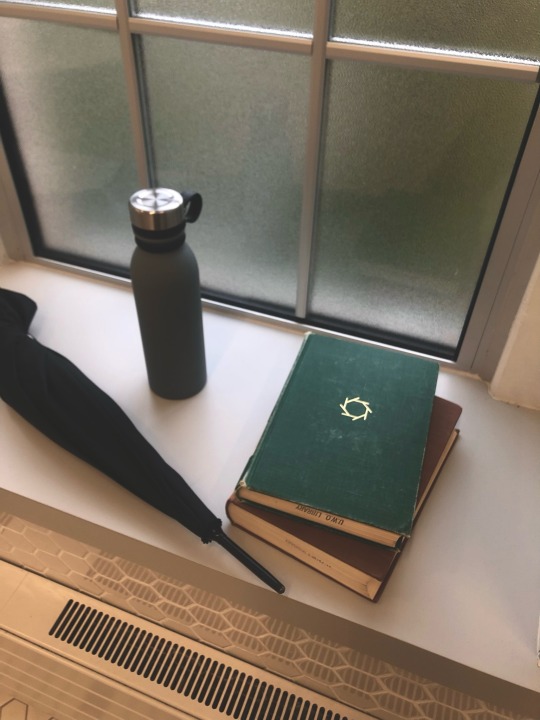
gloomy day.. bussed over to campus only to find out my class was cancelled, so i spent the afternoon doing research 🌧📚
1K notes
·
View notes
Text
Writing Theory: A Great Opening Chapter
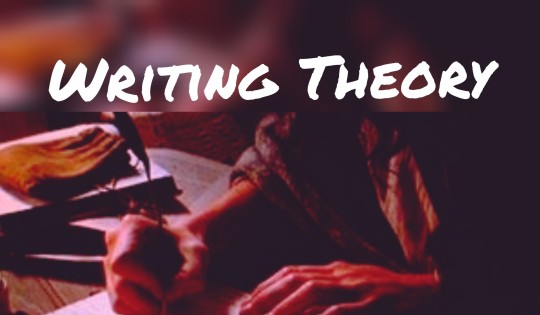
The first step a reader takes into your story & world is through the opening chapter of the novel. Opening chapters are the writer's way of introducing their characters, plot and world to a stranger: just as important as a handshake at an interview. Thank you to @curiousloveable
What makes a First Chapter Pop for a Reader?
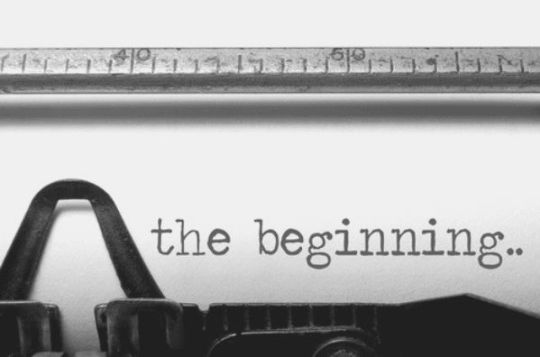
Some readers are fickle and will abandon books without an interesting first chapter. Some power through and discover the story beyond. But you cannot go into writing the opening chapter thinking such. First Chapters are your way of introducing your story to a stranger. You want to make the right impression, put your reader in the right mood.
As a reader myself, the most entertaining opening chapters are those that are not bogged down by expostion and terrible character descriptions. They are the ones that tell you where you are, what you're doing and who is leading you through the story. Your opening chapter should be concise and to the point. Your reader doesn't care whether your character has eyelashes that smwould shame a cow or likes to butter their toast sideways. It's not important yet unless your bovine MC is going to survive the opening act of the plot because they butter their toast lift to right.
Kinds of Opening Chapter
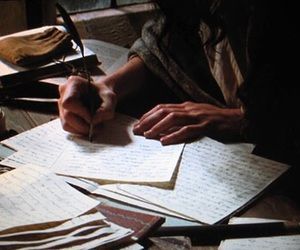
There are 3 kinds of opening chapter, which I have given sone helpful names:
The Jump Into it: The jump into it is basically an action-packed chapter. The reader comes upon the characters in the thick of the story. This kind of chapter has a great hook as it immediately plants the reader in the middle of things with no explanations. These chapters are usually very effective but can alienate readers who prefer a more structured story slope. The example here is the opening chapter of Maze Runner by James Dashner. Thomas is in the lift about to be delivered to the Glade. We experience first hand his fear, his confusion and the world from his Pov which is a pretty clever truck as we begin life at the Glade just like Thomas.
The Gentle Slope: This chapter begins the story off at a slow or middling pace in order to ease your reader into it. These chapters usually show the character's life before it goes to shit. Readers learn about the world and get to know their narrator. Our example is the The Hunger Games by Suzanne Collins. We are introduced to Katniss and her life, we hear about her family and the eponymous Hunger Games.
The Skew: This chapter dies not focus on the main protagonist, instead focusing on another character or storyline, associated but not connected to the MC. These chapters place your character into the world and basically lay the foundations of what your story will become. These chapters are mainly written to provide ground for the rest of your story to stand on. In A Game of Thrones, the book opens with a chapter focusing on the Wights or White Walkers and the Night's Watch who have stumbled upon them. We learn about the Night's Watch, the threats they face and are introduced to the main antagonist of the series. The same can be said of Harry Potter & the Philosopher's Stone. We are introduced to the Dursleys, to Dumbledore and to Harry. We hear about Harry and the events that orphaned him and will echo throughout the series.
What should be included in an Opening Chapter?
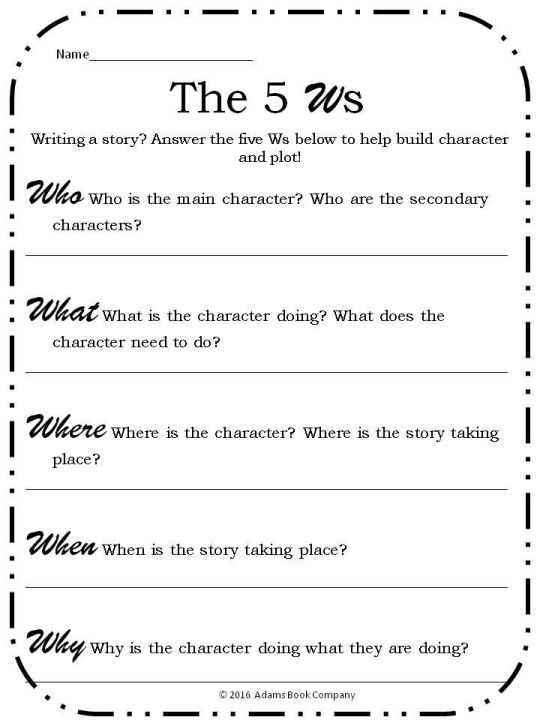
As I said, the opening chapter is the introduction to the story. An opening chapter should have the most fundamental things a reader should know about your story & the narrator.
Firstly, the fundamental:
1) Who is the Narrator?
2) Where are we?
3) What's happening in your narrator's life? / Around them?
The Optional/Subject to story type:
1) introduce antagonist or conflict
2) inciting event to rest of plot
Some things you should remember

Your first draft doesn't matter. You can akways go back to fix it. Think of it like a stepstool in front of a ledge, you need to stand on it to get where you're going. Don't sweat it. You can beat yourself up about it after.
Your characters should not push their luck with the reader yet. Your character is a stranger and your OC needs to make an impression. Throw out the "I'm not like other girls" or the "I'm the baddest boy on this block". Your reader doesn't have time for this yet.
Make your reader love your OC or at least relate with them. Your OC is your reader's guide in this world, they must relate or like them at least a little bit. It will cast your OC into dull lights for your reader and may poison the plot.
Don't overwhelm your readers with jargon yet. Give them the most fundamental facts about the world as they need. Think of it like this: your reader needs to know they are on Earth but they do not yet need to know about the Big Bang created it all.
3K notes
·
View notes
Text
ستقابل الروح التي تتوق إليها بعد أن تكمل نفسك
you will meet the soul you yearn for after you have completed yourself.
295 notes
·
View notes
Text
Essays
Here’s a (non-exhaustive) list of essays I like/find interesting/are food for thought; I’ve tried to sort them as much as possible. The starred (*) ones are those I especially love
also quick note: some of these links, especially the ones that are from books/anthologies redirect you to libgen or scihub, and if that doesn’t work for you, do message me; I’d be happy to send them across!
Literature + Writing
Godot Comes to Sarajevo - Susan Sontag
The Strangeness of Grief - V. S. Naipaul*
Memories of V. S. Naipaul - Paul Theroux*
A Rainy Day with Ruskin Bond - Mayank Austen Soofi
How Albert Camus Faced History - Adam Gopnik
Listen, Bro - Jo Livingstone
Rachel Cusk Gut-Renovates the Novel - Judith Thurman
Lost in Translation: What the First Line of “The Stranger” Should Be - Ryan Bloom
The Duke in His Domain - Truman Capote*
The Cult of Donna Tartt: Themes and Strategies in The Secret History - Ana Rita Catalão Guedes
Never Do That to a Book - Anne Fadiman*
Affecting Anger: Ideologies of Community Mobilisation in Early Hindi Novel - Rohan Chauhan*
Why I Write - George Orwell*
Rimbaud and Patti Smith: Style as Social Deviance - Carrie Jaurès Noland*
Art + Photography (+ Aesthetics)
Looking at War - Susan Sontag*
Love, sex, art, and death - Nan Goldin, David Wojnarowicz
Lyons, Szarkowski, and the Perception of Photography - Anne Wilkes Tucker
The Feminist Critique of Art History - Thalia Gouma-Peterson, Patricia Mathews
In Plato’s Cave - Susan Sontag*
On reproduction of art (Chapter 1, Ways of Seeing) - John Berger*
On nudity and women in art (Chapter 3, Ways of Seeing) - John Berger*
Kalighat Paintings - Sharmishtha Chaudhuri
Daydreams and Fragments: On How We Retrieve Images From the Past - Maël Renouard
Arthur Rimbaud: the Aesthetics of Intoxication - Enid Rhodes Peschel
Cities
Tragic Fable of Mumbai Mills - Gyan Prakash
Whose Bandra is it? - Dustin Silgardo*
Timur’s Registan: noblest public square in the world? - Srinath Perur
The first Starbucks coffee shop, Seattle - Colin Marshall*
Chhatrapati Shivaji Terminus, Mumbai’s iconic railway station - Srinath Perur
From London to Mumbai and Back Again: Gentrification and Public Policy in Comparative Perspective - Andrew Harris
The Limits of “White Town” in Colonial Calcutta - Swati Chattopadhyay
The Metropolis and Mental Life - Georg Simmel
Colonial Policy and the Culture of Immigration: Citing the Social History of Varanasi - Vinod Kumar, Shiv Narayan
A Caribbean Creole Capital: Kingston, Jamaica - Coln G. Clarke (from Colonial Cities by Robert Ross, Gerard J. Telkamp
The Colonial City and the Post-Colonial World - G. A. de Bruijne
The Nowhere City - Amos Elon*
The Vertical Flâneur: Narratorial Tradecraft in the Colonial Metropolis - Paul K. Saint-Amour
Philosophy
The trolley problem problem - James Wilson
A Brief History of Death - Nir Baram
Justice as Fairness: Political not Metaphysical - John Rawls*
Should Marxists be Interested in Exploitation? - John E. Roemer
The Discomfort You’re Feeling is Grief - Scott Berinato*
The Pandemic and the Crisis of Faith - Makarand Paranjape
If God Is Dead, Your Time is Everything - James Wood
Giving Up on God - Ronald Inglehart
The Limits of Consensual Decision - Douglas Rae*
The Science of “Muddling Through” - Charles Lindblom*
History
The Gruesome History of Eating Corpses as Medicine - Maria Dolan
The History of Loneliness - Jill Lepore*
From Tuskegee to Togo: the Problem of Freedom in the Empire of Cotton - Sven Beckert*
Time, Work-Discipline, and Industrial Capitalism - E. P. Thompson*
All By Myself - Martha Bailey*
The Geographical Pivot of History - H. J. Mackinder
The sea/ocean
Rim of Life - Manu Pillai
Exploring the Indian Ocean as a rich archive of history – above and below the water line - Isabel Hofmeyr, Charne Lavery
‘Piracy’, connectivity and seaborne power in the Middle Ages - Nikolas Jaspert (from The Sea in History)*
The Vikings and their age - Nils Blomkvist (from The Sea in History)*
Mercantile Networks, Port Cities, and “Pirate” States - Roxani Eleni Margariti
Phantom Peril in the Arctic - Robert David English, Morgan Grant Gardner*
Assorted ones on India
A departure from history: Kashmiri Pandits, 1990-2001 - Alexander Evans *
Writing Post-Orientalist Histories of the Third World - Gyan Prakash
Empire: How Colonial India Made Modern Britain - Aditya Mukherjee
Feminism and Nationalism in India, 1917-1947 - Aparna Basu
The Epic Riddle of Dating Ramayana, Mahabharata - Sunaina Kumar*
Caste and Politics: Identity Over System - Dipankar Gupta
Our worldview is Delhi based*
Sports (you’ll have to excuse the fact that it’s only cricket but what can i say, i’m indian)
‘Massa Day Done:’ Cricket as a Catalyst for West Indian Independence: 1950-1962 - John Newman*
Playing for power? rugby, Afrikaner nationalism and masculinity in South Africa, c.1900–70 - Albert Grundlingh
When Cricket Was a Symbol, Not Just a Sport - Baz Dreisinger
Cricket, caste, community, colonialism: the politics of a great game - Ramachandra Guha*
Cricket and Politics in Colonial India - Ramchandra Guha
MS Dhoni: A quiet radical who did it his way*
Music
Brega: Music and Conflict in Urban Brazil - Samuel M. Araújo
Color, Music and Conflict: A Study of Aggression in Trinidad with Reference to the Role of Traditional Music - J. D. Elder
The 1975 - ‘Notes On a Conditional Form’ review - Dan Stubbs*
Life Without Live - Rob Sheffield*
How Britney Spears Changed Pop - Rob Sheffield
Concert for Bangladesh
From “Help!” to “Helping out a Friend”: Imagining South Asia through the Beatles and the Concert for Bangladesh - Samantha Christiansen
Gender
Clothing Behaviour as Non-verbal Resistance - Diana Crane
The Normalisation of Queer Theory - David M. Halperin
Menstruation and the Holocaust - Jo-Ann Owusu*
Women’s Suffrage the Democratic Peace - Allan Dafoe
Pink and Blue: Coloring Inside the Lines of Gender - Catherine Zuckerman*
Women’s health concerns are dismissed more, studied less - Zoanne Clack
Food
How Food-Obsessed Millennials Shape the Future of Food - Rachel A. Becker (as a non-food obsessed somewhat-millennial, this was interesting)
Colonialism’s effect on how and what we eat - Coral Lee
Tracing Europe’s influence on India’s culinary heritage - Ruth Dsouza Prabhu
Chicken Kiev: the world’s most contested ready-meal*
From Russia with mayo: the story of a Soviet super-salad*
The Politics of Pancakes - Taylor Aucoin*
How Doughnuts Fuelled the American Dream*
Pav from the Nau
A Short History of the Vada Pav - Saira Menezes
Fantasy (mostly just harry potter and lord of the rings)
Purebloods and Mudbloods: Race, Species, and Power (from The Politics of Harry Potter)
Azkaban: Discipline, Punishment, and Human Rights (from The Politics of Harry Potter)*
Good and Evil in J. R. R. Tolkien’s Lengendarium - Jyrki Korpua
The Fairy Story: J. R. R. Tolkien and C. S. Lewis - Colin Duriez (from Tree of Tales)*
Tolkien’s Augustinian Understanding of Good and Evil: Why The Lord of the Rings Is Not Manichean - Ralph Wood (from Tree of Tales)*
Travel
The Hidden Cost of Wildlife Tourism
Chronicles of a Writer’s 1950s Road Trip Across France - Kathleen Phelan
On the Early Women Pioneers of Trail Hiking - Gwenyth Loose
On the Mythologies of the Himalaya Mountains - Ed Douglas*
More random assorted ones
The cosmos from the wheelchair (The Economist obituaries)*
In El Salvador - Joan Didion
Scientists are unravelling the mystery of pain - Yudhijit Banerjee
Notes on Nationalism - George Orwell
Politics and the English Language - George Orwell*
What Do the Humanities Do in a Crisis? - Agnes Callard*
The Politics of Joker - Kyle Smith
Sushant Singh Rajput: The outsider - Uday Bhatia*
Credibility and Mystery - John Berger
happy reading :)
35K notes
·
View notes



